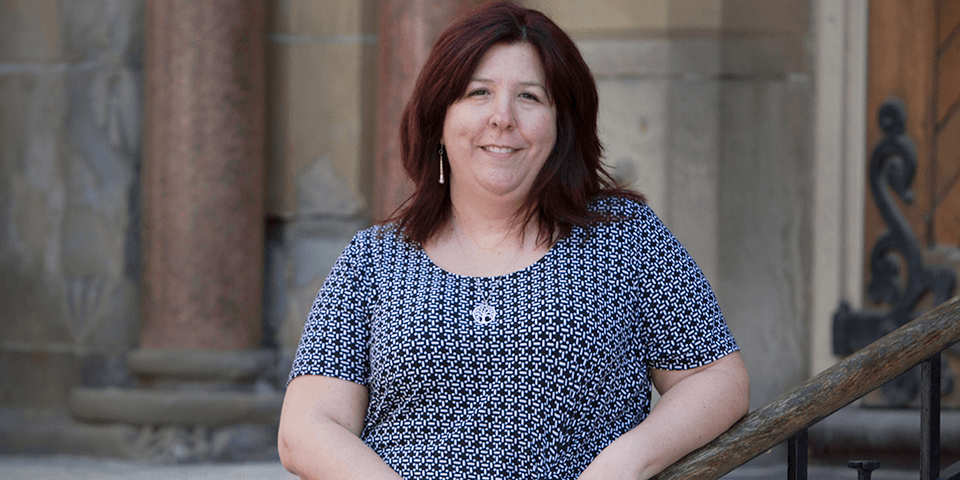Canadian patient safety advocate Melissa Sheldrick advocates for medicine safety through mandatory error reporting after her son died in March 2016.
She is currently in Australia to present at the Pharmaceutical Society of Australia’s (PSA19) national conference in Sydney from July 26 to 28 and presented in Melbourne on July 22 at a PSA and Consumers Health Forum event, ‘Pharmacists and consumers – working together to improve medicine safety’.
Ms Sheldrick’s eight-year-old son Andrew died after a series of errors during the dispensing process at her regular pharmacy.
She explains her son was meant to be taking tryptophan for a sleeping disorder.
“However, it came to the fore after an extensive investigation by the coroner’s office that he had been taking muscle relaxant baclofen in his compounded medication instead of tryptophan,” said Ms Sheldrick.
“It was a substitution error that no one picked up.”
When she discovered that there was no required reporting of the errors made at the pharmacy, she began her advocacy work with the goal of having mandatory error reporting implemented in Ontario, and across the country.
She explains that she took it upon herself to work with media, government and pharmacy regulators to enforce a mandatory error-reporting programme whereby pharmacists report near misses and errors into a database anonymously.
“Through this reporting process the onus is on the pharmacy manager to plan and carry out ways to prevent errors from happening,” she said.
“This constitutes the critical part of the program.”
She emphasises that pharmacists must always have patients at the “centre of their care” and that communication between the pharmacy team and with the patient and other caregivers is paramount to protect the patient and ensure their safety.
The PSA’s Medicine Safety: Take Care report details the extent of harm in Australia as a result of medicine use.
The report reveals that 250,000 Australians are hospitalised each year, with another 400,000 presenting to emergency departments as a result of medication errors, inappropriate use, misadventure and interactions. At least half could have been prevented.
Developed for PSA by the Quality Use of Medicines and Pharmacy Research Centre at the University of South Australia, the report calculates the annual cost of medication-related problems in Australia at nearly $1.4 billion – equivalent to 15 per cent of total PBS expenditure.
Ms Sheldrick says her main reason for being in Australia is to do what she can to help reduce the number of errors that happen in the country every year.
“Pharmacists have been open to this, and it’s normal for them to question my advocacy,” she said.
“It’s not punitive: it’s about learning, record keeping and protecting the public.”
Ms Sheldrick says she vows to continue until all provinces in Canada mandate anonymous reporting.
To date her advocacy has been heard around the world and she has garnered international support in this mandate from Australia to the UK to the World Health Organisation.
The PSA19 annual national conference is being held from Juky 26-28 at the Hyatt Regency in Sydney. To register visit: https://www.psa19.com/






